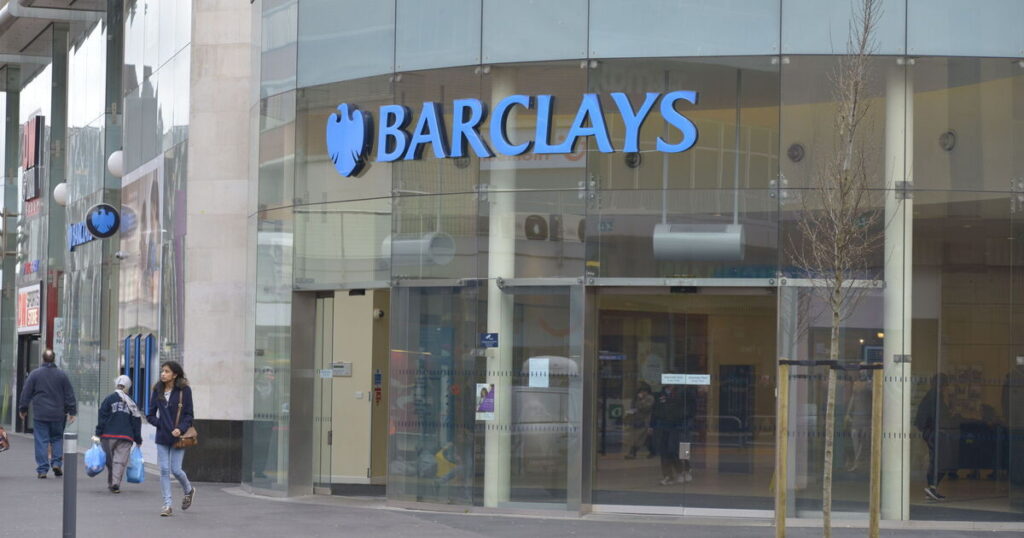
The UK stock market saw major gains on Thursday, partly spurred by a sharp rally in banking stocks following President Donald Trump’s announcement of a 90-day pause in his sweeping trade tariffs. The FTSE 100 surged by more than 6% after London markets opened.
Barclays shares are up nearly 30% following the market open, though they have since levelled out, rising 12.29% (or 29.70 points) to 271.35p. HSBC has climbed 6.07% (or 43.30 points) to 756.50p, while Lloyds Banking Group is up 3.51%, at 66.64p. Despite the rising market confidence, senior Cabinet minister Yvette Cooper urged caution. Speaking to Sky News, Cooper said: « We are seeing changes all the time. There is quite a lot of global instability.”
She added: « What we are doing is just being really steady about this. We have made clear our principles and our approach. We want to see a reduction of trade barriers and we want to negotiate good arrangements that are in the UK’s interests. »
While the FTSE has rebounded following its recent downturn, the index of the UK’s top stocks is still far below where it stood before Trump’s tariffs were introduced.
Matt Britzman, senior equity analyst, Hargreaves Lansdown, said: “Was this Trump caving to pressure or his master plan all along? Who knows, but markets ripped on the news with the S&P 500 posting its 9th best day in history and the FTSE 100 opening higher this morning.”
He added: “We still don’t know if this tariff strategy is going to do more harm than good. But it does give a host of countries a chance to come to the table and barter for a deal while offering companies some much-needed time to make whatever supply chain adjustments they can.”
President Trump said he would delay tariffs on most nations for 90 days while raising his tax rate on Chinese imports to a staggering 125%.
However, the US pause hasn’t completely eliminated tariffs on goods entering America. All countries now face a 10% levy instead of the reciprocal rates Trump’s administration originally planned. Imports of cars, steel, and aluminium to the US are also still subject to a 25% tariff.
Before the pause, some of America’s trading partners, like the EU, had threatened retaliatory measures, leading to more stock market dips. These have now been put on hold.
Meanwhile, the UK has avoided higher tariff rates and resisted retaliatory action.
